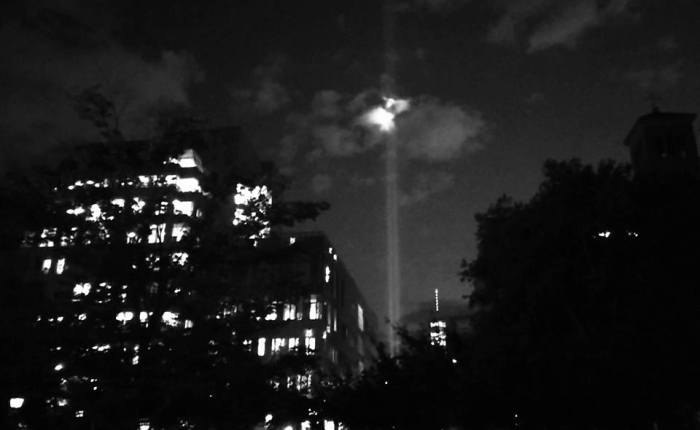India is 75. Or more truthfully, India has managed to survive to the ripe age of 75. Sometimes beaten, sometimes bruised, but many times hopeful and soaring and then back the next day to the same frustrations, injustices, and practical realities – same old same old. And now, if we are to believe what we are being told, we are at the edge of a new dawn for India. A new age.
A whole bunch of people are being saluted for getting us here – organizers, politicians, freedom fighters; soldiers and scientists and engineers and innovators. And of course there are some very notable and very enforced omissions. There is nothing wrong with looking forward, nothing wrong with saying that India stands at the cusp – or is it a precipice? – of something else. But is it so important to belittle and break away from all that has gone on before, and all the work that has gone into ensuring that this great and diverse and unique (and everything else all at once) country survives, and thrives?
So often, the story of India is made up as much of the stories we like to tell – legends and lore – as it is of the ones that we do not tell. Or cannot, or more often than not, will not. The ignored, the forgotten, the suppressed, and voiceless. Of discriminations and depredations and a systematic denial of freedom, opportunity, equity, justice – and life itself. I will admit it: at every single point in my life when I have wanted to celebrate this country, it has given me reason instead to look at yet another set of stories that I did not know about, that I had played my own role in denying (and in benefiting from such denial). First it was regionalism, then it was religion, then it was class, and then caste. All things that any country state and any citizen should do everything in their power to eradicate; and all things that both this country and I did very little about. We looked the other way, always.
This country is growing up – some would say has grown up. I want to grow up with it too. We are both older now, and wiser too (or at least that is our desperate hope). No longer am I the bright eyed and bushy-tailed student who waited every year for the flag hoisting at Independence Day and the amazing parades at Republic Day – who belted out the national anthem and waved the flag at any opportunity. For whom national pride and identity and progress was tied to how many cricket matches we won and whether my railway system was really the largest in the world or only the fourth largest (we carry more people!) or whether the movies I went to watch were really from the biggest film industry in the world.
Who then are these people who want to force me back into that childhood – to forcibly celebrate a flag and a state whose many sides I understand a little better now? These people who appear not once in the pages of history as it was written – a history that I studied, that my parents lived, and that their parents helped create; but are now eager to rewrite said history from scratch. As if a nation is merely ad-copy from a PR agency and not the summation of the joys and sorrows and hopes and dreams and denials of its people – all of them. As if my report card was merely the teacher’s comment that said “has potential if he stops being distracted” and not a collection of bad maths test results and amazing geography marks and middling language scores.
When India turned 50, we were all so happy and excited and proud. We all took part in all the festivities: we sang the songs (some of which we still sing today), we watched the music videos, and we dreamed of more exciting times to come. We were all so proud, not just of the bright future that this country had, but also the past that it had endured. The people who had set it down that path, and then the people who had struggled in their lives of routine and mediocrity, just so we could still have a nation and a future to call our own. It had endured – they had endured – for us.
But now that pride is forced, and enforced. The legend and lore, the promise of more – they have all become a mere chore. Flag waving has become an end to itself, rather than something we did to celebrate yet another notch on that report card.
Who are these people, and where have they taken us? And where further, in the next 75 years, will they take this country and its people? I suspect we all know, with the same sinking feeling in the stomach that I had as soon as I wrote my exams and waited for that report card.
Independence. But from what?


